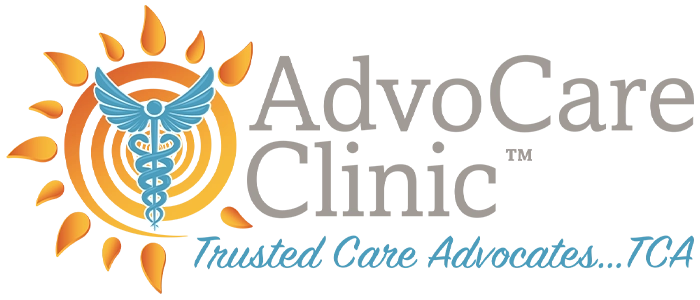Today we explore some questions to answer if you are considering Medicinal Cannabis.
1.
Question: Do I have at least one of the over 20 qualifying conditions under Ohio’s medical marijuana control program?
Answer: The Ohio Medical Marijuana Registry requires confirmation of your qualifying condition. The State of Ohio may soon be adding additional qualifying conditions as early as June 13th. Look for Anxiety and Autism as most likely additions.
Check this list of Ohio’s Qualifying Conditions:
- AIDS
- Alzheimer’s disease
- Amyotrophic lateral sclerosis
- Cachexia/Wasting Syndrome
- Cancer
- Chronic traumatic encephalopathy
- Crohn’s disease
- Epilepsy or another seizure disorder
- Fibromyalgia
- Glaucoma
- Hepatitis C
- Huntington's Disease
- Inflammatory bowel disease
- Multiple sclerosis
- Pain; chronic and severe or intractable
- Parkinson’s disease
- Positive Status for HIV
- Post-traumatic stress disorder
- Sickle cell anemia
- Spasticity
- Spinal cord disease or injury
- Terminal Illness
- Tourette’s syndrome
- Traumatic brain injury
- Ulcerative colitis
2.
Question: Do I have medical records documenting my qualifying condition(s)?
Answer: To make a recommendation for medical marijuana therapy, your certifying physician will need to receive copies of your medical records that verify your qualifying condition. At AdvoCare Clinic, we have forms to help obtain your medical records from your current caregiver(s). We email you these forms at the time you make an appointment at AdvoCareClinic.com. You may also bring your records in with you on the day of your appointment. Patients can often obtain their medical records through a patient portal. Getting your records is very important to complete the recommendation.
3.
Question: Have I tried other therapies before considering medical marijuana?
Answer: One thing to consider is whether you have tried other available options for addressing your symptoms. Medicinal cannabis can have significant benefits for some patients but not as much for others. We have found that patients who employ combined strategies for relief of their symptoms have the best results. A holistic approach to cannabis care can make all the difference. Contact us today at AdvoCareClinic.com to book an appointment or call at 330-754-4850 with questions.
4.
Question: What does it cost to get my medical marijuana card?
Answer: At AdvoCare Clinic, the intake evaluation is $249 for a standard patient. It is $199 for a Veteran or a patient who meets Ohio’s Definition of Indigent Status (ODIS). This is a 45-to-60-minute visit which allows for in-depth patient evaluation and education.
The State charges a $50 fee for a standard card and a $25 fee for a Veteran or ODIS patient card. Caregiver cards are half the price of a patient card.
5.
Question: In the State of Ohio, what are the current forms of marijuana medication available?
Answer:
Flower
Medical marijuana is available in flower, “Bud,” for vaporization. The flower is not allowed to be smoked in a joint or pipe. The flower must be inhaled as vapor by using a vaporizing device (think of it as a toaster for cannabis).
Oil For Vaporization
Medical marijuana is also available in concentrated oil for vaporization. This form is best used later in a medical cannabis care plan once the minimal effective dose has been determined.
Tincture
A tincture is a solution containing marijuana extract that is consumed by placing drops under the tongue for absorption and then swallowing. This is a good option for patients who do not wish to vape and is also suitable for starting a program. It is one of the more discreet ways to take cannabis.
Gummies
Medical Marijuana can be made into gummies for the most discreet way to dose. However, due to a long time between eating them and feeling their effect, gummies are not advised when first starting a medical cannabis program. There are formulas for converting to gummies once the minimal effective dose has been determined.
6.
Question: Can you get addicted to cannabis?
Answer: In some reports, roughly 1 in 11 cannabis users can develop a dependence on marijuana depending on use duration and amount consumed. These reports did not account for medical marijuana programs where the use of the minimal effective dose is stressed. In severe cases, marijuana use disorder can occur. That is why education and monitoring the amount of consumption is vital to having a healthy relationship with cannabis. If at any point, a patient feels they are developing a problem with cannabis use, they should discuss it with their physician.
Now that you know a little more about Medicinal Cannabis, you may have decided that it is indeed right for you. Getting started is quick and simple — you can book your appointment online or call us at (833) 423-8622 or locally at (330) 754-4850
